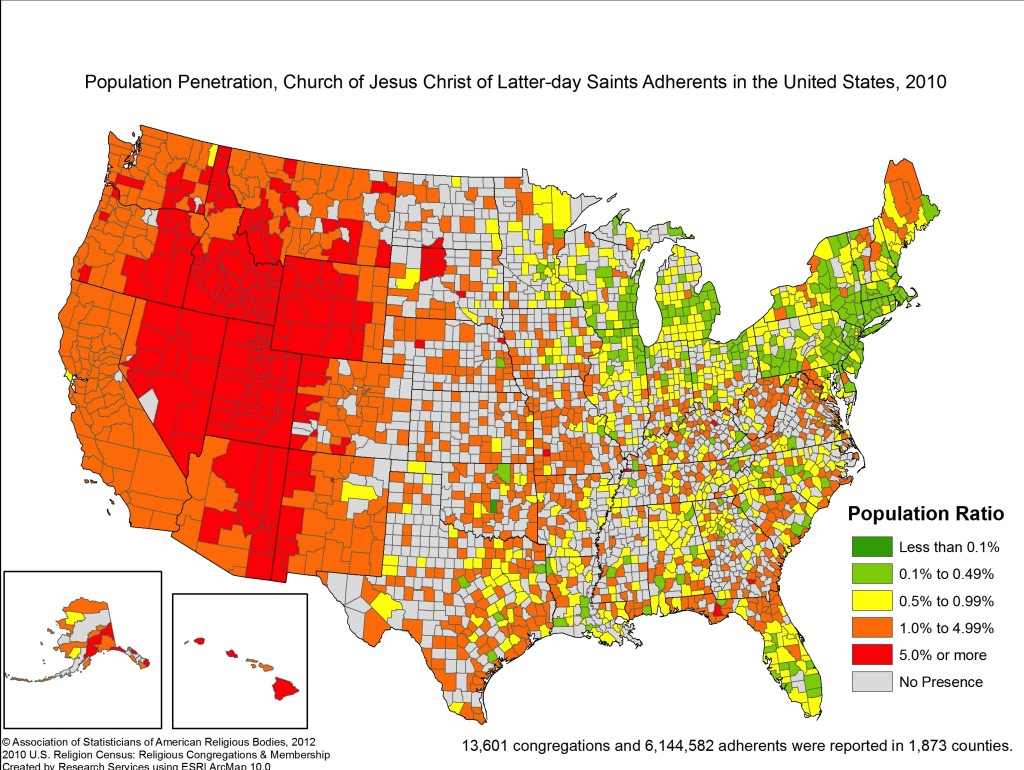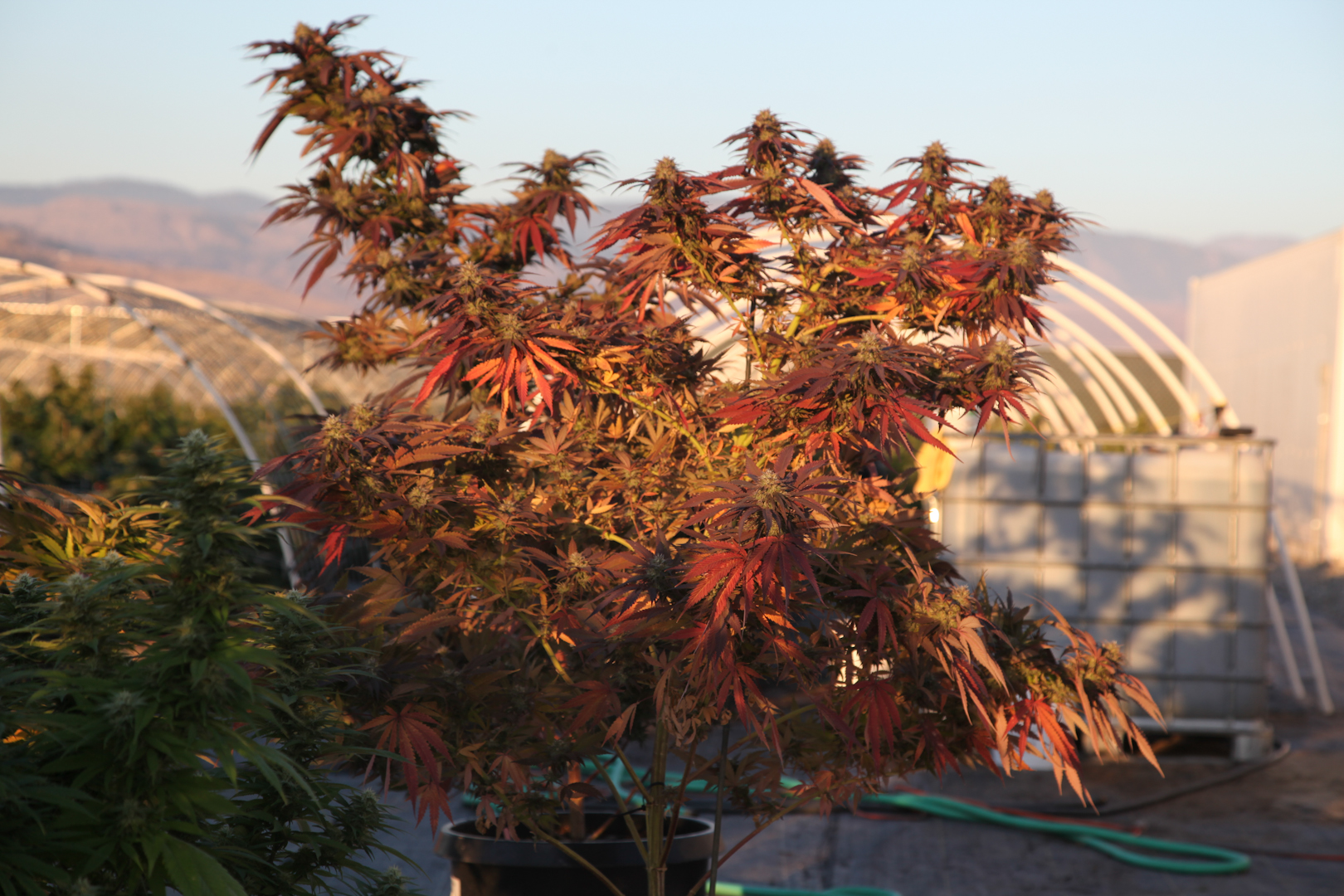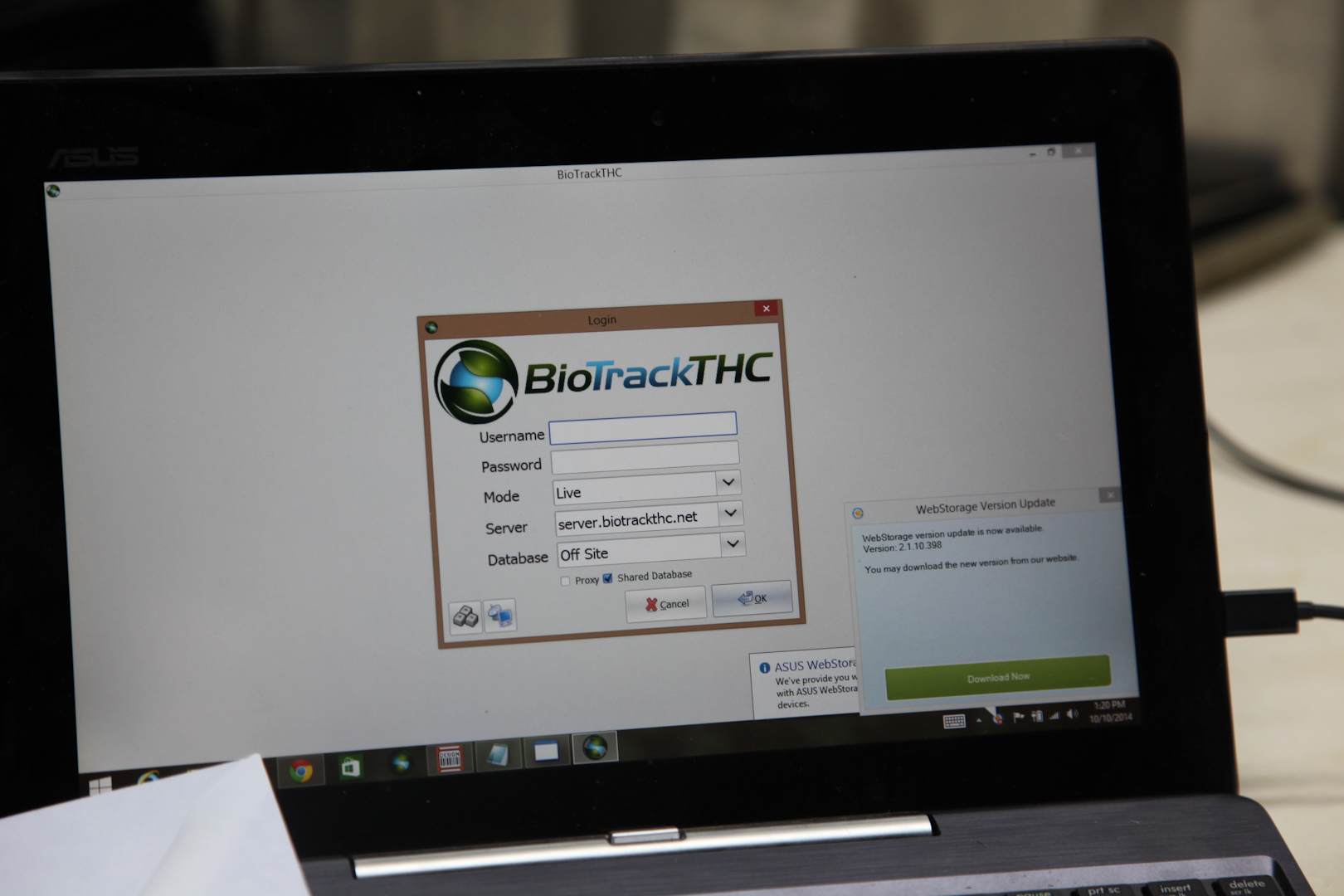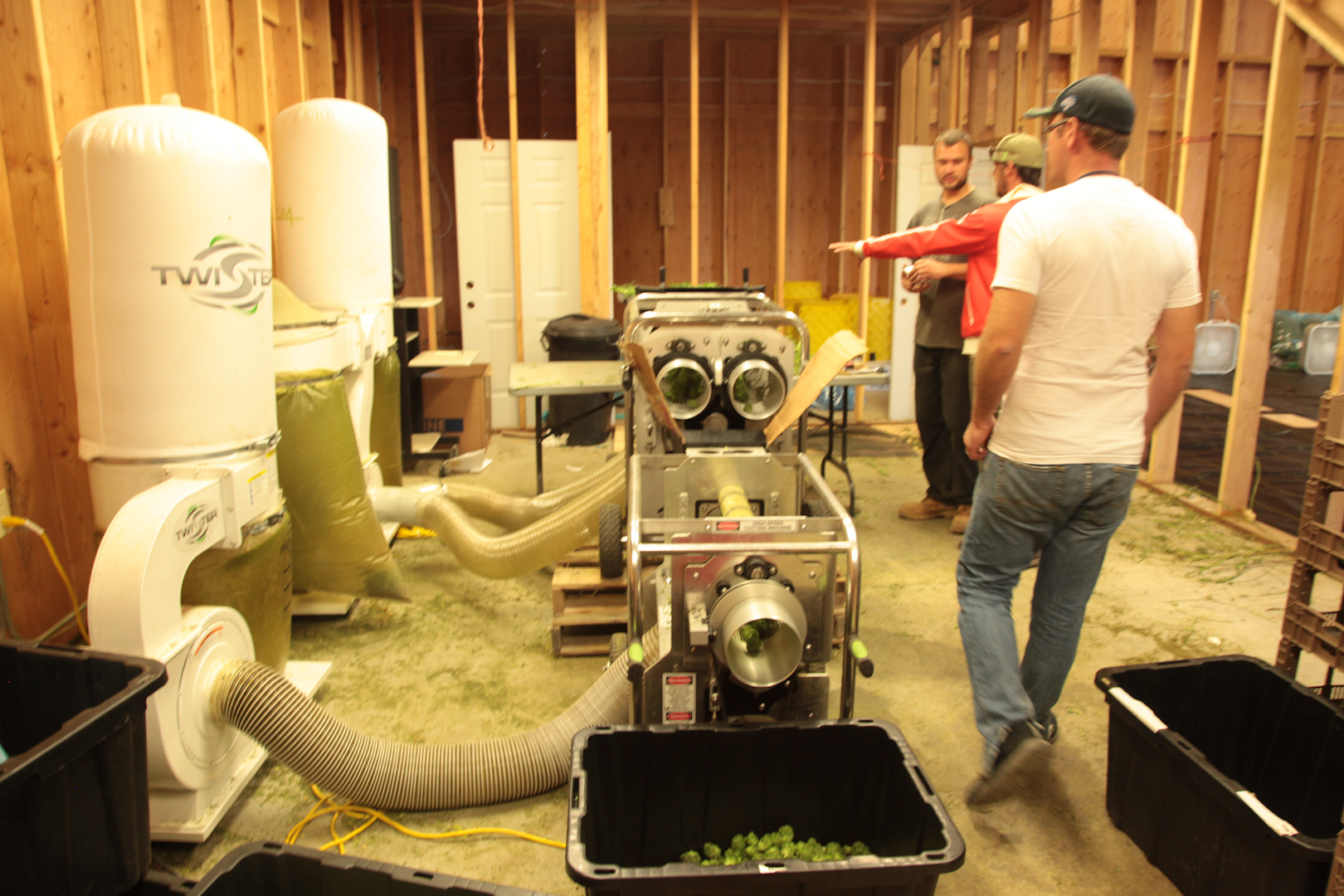
by Shawn DeNae
Progressive County Reversing Its Course on Marijuana Zoning
SHORT HISTORY:
Snohomish County Council took a progressive stance in 2013 to get ahead of the curve on marijuana zoning; acknowledging that recreational and medical marijuana needed guidance for those in the county moving forward with legalization efforts to bring the black market into compliance and bring living wage jobs and economic prosperity to the county.
The pro-cannabis business people who packed council chambers on November 13, 2013 literally stood and applauded Snohomish County Councilman on November 13, 2013 when Ordinance 13-086 passed with unanimous vote. This ordinance logically recognizes marijuana production and processing as agricultural like in nature and thus compatible with zones where agricultural business have been established and encouraged for decades; Rural Industrial (RI), CRC, Rural 5-10 acres (R-5) and Agricultural 10+ acres (A-10) among others.
The crowd consisted of many longtime farmers wishing to convert their common crops and finally retire to folks planning on cashing in their retirement and invest in Snohomish County. According to realtors, phones began ringing off the hook from potential applicants looking for properly zoned land. R5 properties were a hot ticket as they are prevalent and have a huge range of values that fit many budgets. For many, Sno Co was the place to go!
People who applied for I-502 licenses were then vetted by their county or municipality based upon their address qualifying as ‘permitted use’ (or not) for their particular zones. According to Michael Dovish at the SPD, 131 applicants were given a thumbs up on their locations in early 2014 to move forward in Sno Co; of those 86 are on R5 zoned properties. Snohomish Planning and Development (SPD) has received only 23 completed applications for permits as of October 1st, 2014, which are deemed ‘vested’ under the 2013 zoning.
Since that time, hopeful marijuana entrepreneurs have begun the arduous process of trying to bring their legal marijuana business to fruition. One difficult hurdles has been getting through the permit process. The SPD consulted with Colorado counterparts and decided to implement costly F1 Commercial Building codes and SEPA review to these proposed agricultural buildings. Even the 8’ high fences required around outdoor grows require a special permit and Fort Knox like costly construction.
This had some unintended consequences: Some farmers simply gave up instead of complying with SEPA or putting ADA baths and sprinkler systems into their old barns; some hired the architects, engineers, critical area and other specialists in preparation to submit the required commercial building permit applications; some just skipped the entire permit process all together, converted their buildings, moved through the LCB (WA State Liquor Control Board) requirements and got (or are slated to get) their highly valued legal marijuana license since the LCB does not require compliance confirmation of local permitting requirements.
In the meantime, medical marijuana shops (MMJs) have continued to open in clustered areas that are zoned for such activities by the county. This brought outrage from the community of Clearview recently. In a town of just over 3,000 residents, over 200 people showed up in protest to continuing to allow marijuana business to operate in and around their borders. Confusion ensued between what was licensed business or not since MMJs have few license requirements. Properly zoned MMJ access points have taken the pain staking time and money to try to comply with County regulations, including relocating when their previous locations were made out of compliance by 13-086 last year. Many have done tenant improvements, invested in earthquake retrofit upgrades, commercial sprinkler systems, ADA compliance and secured occupancy permits. Out of the 23 access points currently operating in Snohomish County, approximately half are within code. Recreational 502 businesses have extremely strict license requirements through the LCB. This confusion caused some in power to want a ban on them all.
Proposed Land Use Action signs that began showing up this summer on rural roads all over Sno Co only further enflamed the NIMBYs (not in my back yarders) who began to show up at council meetings with a litany of fear based, unfounded testimonies why they should not be subjected to marijuana growing neighbors. Accusations of reduced land values (despite a 7 percent increase in property sales prices), water pollution fears (despite drainage plans that prevent run-off ), concerns of odors (despite the expensive installation of commercial HVAC systems and carbon filtration systems), light pollution (despite the fact that most rural growers are using motion controlled and power saving low volt lighting systems), increase in traffic from non-frequent deliveries and other nonsense were recorded into county records as facts.
The most powerful pushback seems to be coming from an extremely wealthy land developer, J. Brent McKinley, who lives in a massively lavish family compound encompassing four R-5 properties. This influential developer, horse breeder, world renown antique car and gun collector threatened a lawsuit in an Aug 1, 2014 letter to SPD and Councilman Ken Klein that vows to appeal all the way to the Supreme Court if Snohomish County approves permits for marijuana business located on R-5 zoned properties.
Without any attempt to confirm the facts nor economic consideration of the impact of proposed changes, Snohomish County Council rushed through an emergency ordinance (14-318) on September 17th that adversely alters marijuana businesses operating on R-5 property. It also changed set back rules for MJ business surrounding airports and placed a one mile distance requirement between MJ businesses.
On September 29th the Council passed a second emergency ordinance halting the acceptance of all new medical marijuana dispensary/collective garden permits. (14-087 – see video: http://snohomish.granicus.com/MediaPlayer.php?view_id=2&clip_id=4116 )
On Wednesday, October 1st, the Council heard from over 20 R5 residences falling on both sides of the issue. They passed emergency ordinance 14-086 halting I-502 applications with unanimous vote to give them ‘a 6 month breathing space’ on this issue.
(see video and document: http://snohomish.granicus.com/MediaPlayer.php?view_id=2&clip_id=4131 )
ACTION:
- There is a public hearing on these emergency ordinances scheduled for October 29th, 2014, time to be announced – commonly held at 10am
Snohomish County Courthouse, 8th floor, Robert J. Drewel Building (Administration Building East)
3000 Rockefeller, Everett, WA
Contact the Council office at 425-388-3494 to confirm time; be early as they are known to lock the door once council calls to order.
- The implementation of a Cannabis Task Force in Snohomish County (and all municipalities and counties) to address concerns on both sides of the issue seems a logical next step. Dedicated, knowledgeable and reasonable folks in addition to representatives from planning and governing departments are needed. Their fact based recommendations to County and City Councils are vital to sensible regulation moving forward. Local governments need to dedicate resources to these bodies to make them effective.
You are invited to contact your council representatives to ask for a Cannabis Task Force and the resources to maintain them. Snohomish County Council contact information: http://snohomishcountywa.gov/Directory.aspx?DID=101
- All pro marijuana business people are encouraged to attend Council, Planning Commission and Agricultural Committee Meetings to witness the discussions and voice opinions.
Sno Co meetings, agendas and live web cast can be found at: http://snohomish.granicus.com/ViewPublisher.php?view_id=2
- Join the Google Group 502Cannabis to share information and stay informed. It’s free and extremely valuable: https://groups.google.com/forum/#!forum/502cannabis
Thank you,
Peace and Prosperity,
Shawn DeNae
Advocate for Regulated Marijuana
CEO: Washington Bud Company
206-919-6755




![[MAP] Active and Approved I- 502 Producers](http://cannabisandsocialpolicy.org/wp-content/uploads/2014/10/10142014.jpg)












